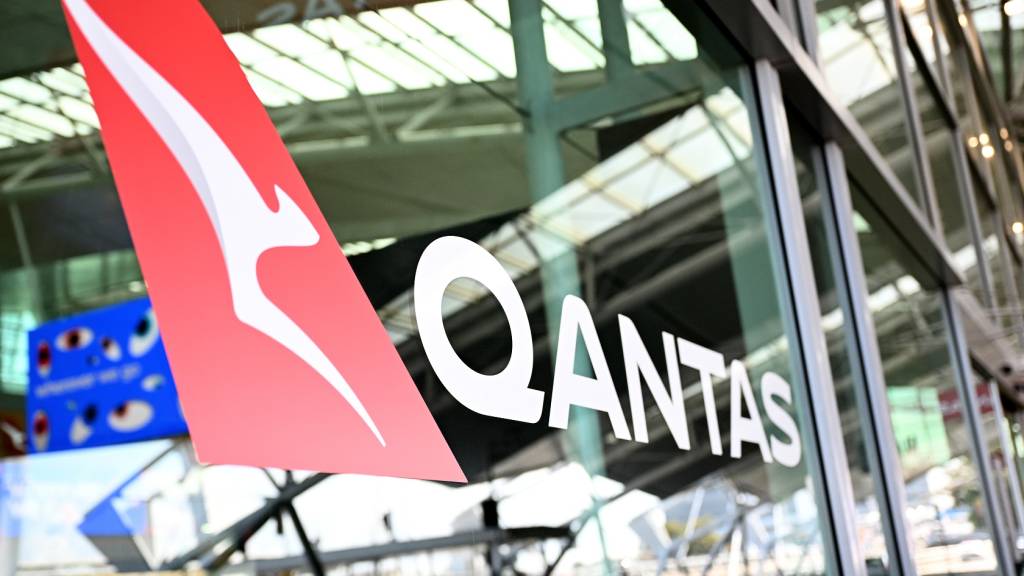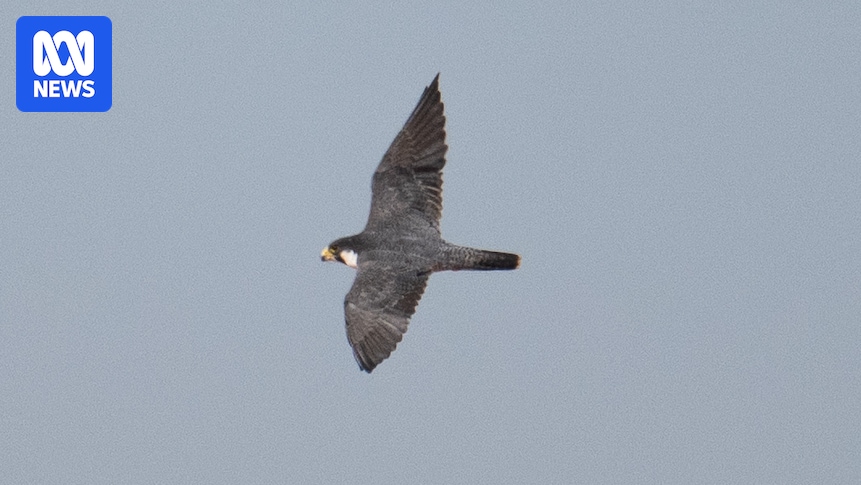
Qantas Airways has announced its second-highest profit on record, reaching a staggering $1.605 billion, a 28% increase from the previous year. This financial success comes despite facing significant challenges, including a $210 million compensation payout for illegally sacking 1,820 baggage handlers and ground workers, a major data breach affecting 5.7 million customers, and an ill-advised aircraft refit.
The airline’s revenue climbed by 8.6% to $23.8 billion, driven by robust domestic operations and minimal competition. Jetstar, a subsidiary of Qantas, reported a 22% increase in earnings before interest and tax (EBIT), capitalizing on strong leisure demand. Meanwhile, Qantas Loyalty and international operations also contributed to the financial uptick.
Behind the Profits: Market Dynamics and Government Support
Qantas’ financial performance is underpinned by several factors, including reduced competition, higher fares, and strategic delays in aircraft orders. Additionally, the airline benefited from lower fuel prices and aggressive industrial relations tactics. Notably, Qantas received approximately $2.5 billion in government subsidies during the COVID-19 pandemic, which the Albanese government has stated does not need to be repaid.
Despite these financial gains, Qantas has faced criticism for not fulfilling promises to its staff. CEO Vanessa Hudson expressed gratitude towards employees, introducing a new employee share plan. However, unions and pilots have criticized this move, arguing that it falls short of addressing broader labor issues.
Employee Relations Under Scrutiny
The Transport Workers Union and the Australian and International Pilots Association have voiced concerns over Qantas’ approach to employee relations. The unions argue that the airline’s actions, including limited bonuses and contentious negotiations, reflect an antagonistic stance towards its workforce.
“One-off announcements of shares for employees will not go far enough to fix the significant issues for workers across the Qantas supply chain,” said Emily McMillan, Assistant National Secretary of the Transport Workers Union.
The airline’s decision to declare a fully franked final dividend and a special dividend, alongside significant share buybacks, highlights a shift towards a more balanced capital management strategy.
Market Dominance and the Lack of Competition
The Australian Competition and Consumer Commission (ACCC) has highlighted the dominance of Qantas and Jetstar in the domestic airline sector. According to the ACCC’s May quarterly report, the financial gains of Qantas and Virgin Australia stem from strong demand and minimal competition.
“The high half-yearly earnings reported by Qantas Group reflect its dominance of the domestic airline sector, with Qantas and Jetstar accounting for over 60% of passengers,” noted ACCC Commissioner Anna Brakey.
The lack of competition in regional markets has left communities vulnerable to fare hikes and service reductions. The ACCC has warned that without increased competition, small communities risk facing higher prices and reduced reliability.
Future Prospects and Strategic Initiatives
Looking ahead, Qantas is advancing its ambitious Project Sunrise, aiming to offer direct flights from Australia’s east coast to London and New York. The first Project Sunrise A350-1000ULR aircraft is expected to enter the final assembly line soon, with delivery anticipated next year. Additionally, Qantas plans to order 20 new A321XLRs to replace its aging B737 fleet.
The airline has projected a 5% increase in capacity for the next year, aiming to return to pre-COVID domestic and international capacity levels. This optimistic outlook has been well-received by investors, with Qantas shares rising significantly.
Implications for the Australian Aviation Market
The current landscape suggests that Australian consumers may continue to face limited competition and high airfares. The government has not yet implemented an automatic compensation scheme for delays and cancellations, which could further impact consumer experiences.
As Qantas continues to navigate its financial success amidst controversy, the broader implications for the Australian aviation market remain significant. The airline’s dominance, coupled with government support, underscores the need for ongoing scrutiny and potential regulatory intervention to ensure fair competition and consumer protection.





